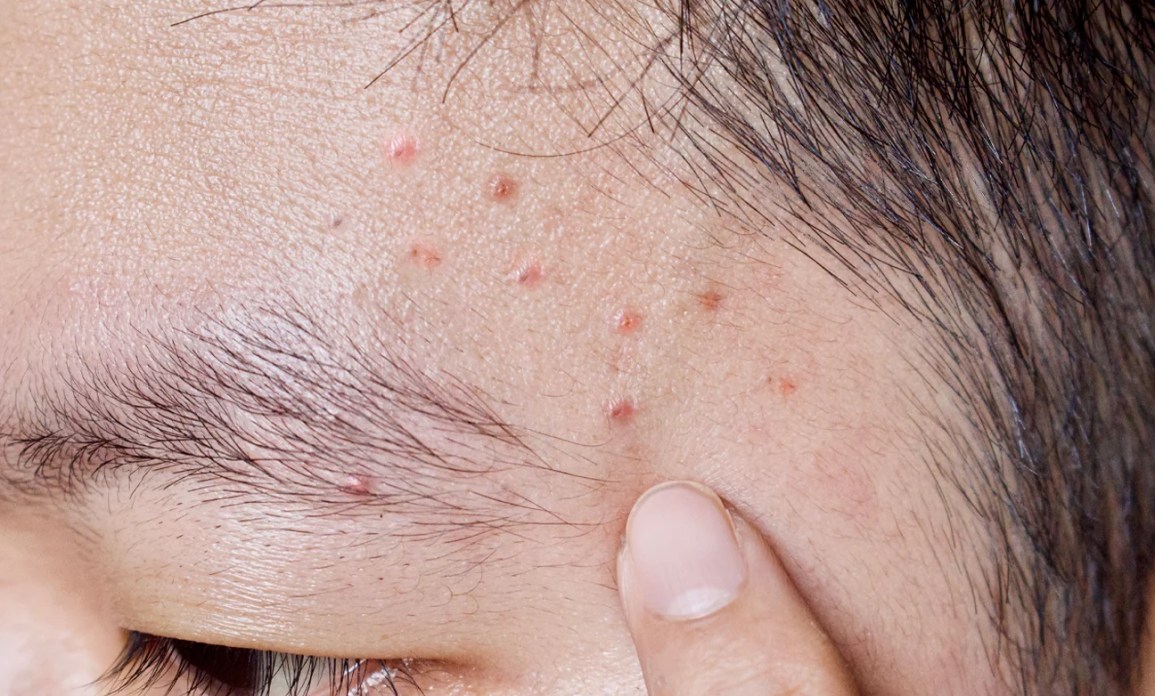Acne is often associated with teenagers, but many adults also face persistent or recurring acne problems that can impact confidence and overall skin health. Understanding Acne Treatment in Abu Dhabi can help individuals navigate their options effectively. Adult acne can be caused by a variety of factors, including hormonal fluctuations, stress, lifestyle choices, and skin sensitivities. Effective treatment addresses these underlying causes to promote clearer, healthier skin.
Understanding Adult Acne and Its Causes
The Nature of Adult Acne
Adult acne differs from teenage acne in its presentation and underlying causes. It often manifests as deep cysts, persistent blackheads, and hormonal breakouts primarily around the jawline and chin. Unlike adolescent acne, adult acne can be linked to hormonal fluctuations, stress, lifestyle factors, and skin sensitivity.
Factors Contributing to Adult Acne
Various factors contribute to adult acne, including hormonal changes, stress levels, skincare habits, and environmental influences. These factors can lead to excess oil production, clogged pores, and skin inflammation, which are primary contributors to acne development.
How Acne Treatment Works for Adult Acne Issues
Targeting Excess Sebum Production
One of the primary objectives of acne treatment is to regulate excess sebum (oil) production. Overactive sebaceous glands produce too much oil, which can clog pores and create an environment conducive to bacteria growth. Treatments like topical retinoids and certain medications help normalize sebum levels, reducing the likelihood of pore blockages.
Clearing Clogged Pores
Clogged pores are a hallmark of acne. Effective treatments aim to promote pore exfoliation and prevent debris accumulation. Chemical exfoliants, such as alpha hydroxy acids (AHAs) and beta hydroxy acids (BHAs), dissolve dead skin cells and prevent pore blockage, leading to smoother skin.
Reducing Bacterial Growth and Inflammation
Bacterial proliferation, especially Cutibacterium acnes, contributes to inflammation and the formation of pustules and cysts. Many acne treatments incorporate antibacterial agents or ingredients that inhibit bacterial growth, thereby reducing inflammation and promoting healing.
Hormonal Regulation
Hormonal imbalances are often responsible for adult acne flare-ups. Certain treatments, such as oral contraceptives or anti-androgen medications, work by balancing hormone levels, thereby decreasing oil production and preventing new breakouts.
Promoting Skin Cell Turnover
Stimulating skin cell renewal helps to prevent the formation of comedones and reduces the appearance of acne scars. Retinoids are commonly used in acne treatment for their ability to accelerate skin cell turnover and improve skin texture.
Types of Acne Treatments and Their Mechanisms
Topical Treatments
Topical therapies include retinoids, antibiotics, and acid-based exfoliants. These are applied directly to the skin to target specific acne-causing factors, such as pore clogging and bacteria. Retinoids enhance cell turnover, while antibiotics reduce bacterial presence and inflammation.
Oral Medications
For moderate to severe adult acne, oral medications may be prescribed. These include antibiotics that combat bacteria and reduce inflammation, as well as hormonal therapies that regulate internal hormone levels. Such treatments help address systemic factors contributing to acne.
Professional Procedures
In-office procedures like chemical peels, light therapy, and laser treatments can complement topical and oral therapies. These procedures work by exfoliating skin, reducing bacteria, and stimulating collagen production, leading to clearer and healthier skin.
Lifestyle and Skincare Regimen
A consistent skincare routine involving gentle cleansing, non-comedogenic products, and sun protection is vital. Lifestyle modifications, such as stress management and dietary adjustments, also play a role in managing adult acne effectively.
How to Maximize Acne Treatment Effectiveness
Adherence to Treatment Plans
Consistent application of prescribed treatments is crucial for optimal results. Skipping or irregular use can reduce effectiveness and prolong the resolution process.
Regular Follow-ups
Monitoring progress with a dermatologist helps tailor treatments to individual skin responses and adjust therapies as needed, ensuring better outcomes.
Incorporating Preventive Measures
Maintaining a healthy lifestyle, managing stress, and avoiding comedogenic products can prevent future breakouts and support ongoing skin health.
Conclusion: Achieving Clearer Skin Through Targeted Acne Management
Addressing adult acne requires a multifaceted approach that targets the root causes of breakouts, including excess oil, bacterial growth, and hormonal imbalance. Treatments work by promoting pore cleansing, reducing inflammation, and regulating sebum production, ultimately leading to clearer, healthier skin. With personalized care and consistent routines, individuals can effectively manage adult acne issues and improve their skin’s overall appearance.
FAQs
What are the most effective treatments for adult acne?
Effective treatments typically include a combination of topical retinoids, antibacterial agents, hormonal therapy, and professional procedures like chemical peels or light therapy, tailored to individual skin needs.
How long does it take to see results from acne treatment?
Results vary depending on the severity of acne and the chosen treatment plan, but noticeable improvements can often be observed within 4 to 8 weeks with consistent application.
Can lifestyle changes impact adult acne?
Yes, maintaining a healthy diet, managing stress, and following a proper skincare routine can significantly reduce the frequency and severity of adult acne breakouts.
Are natural remedies effective for adult acne?
While some natural remedies may provide relief for mild cases, they are generally less effective than clinically proven treatments. Consulting a dermatologist is recommended for personalized advice and effective management strategies.







0 Comments